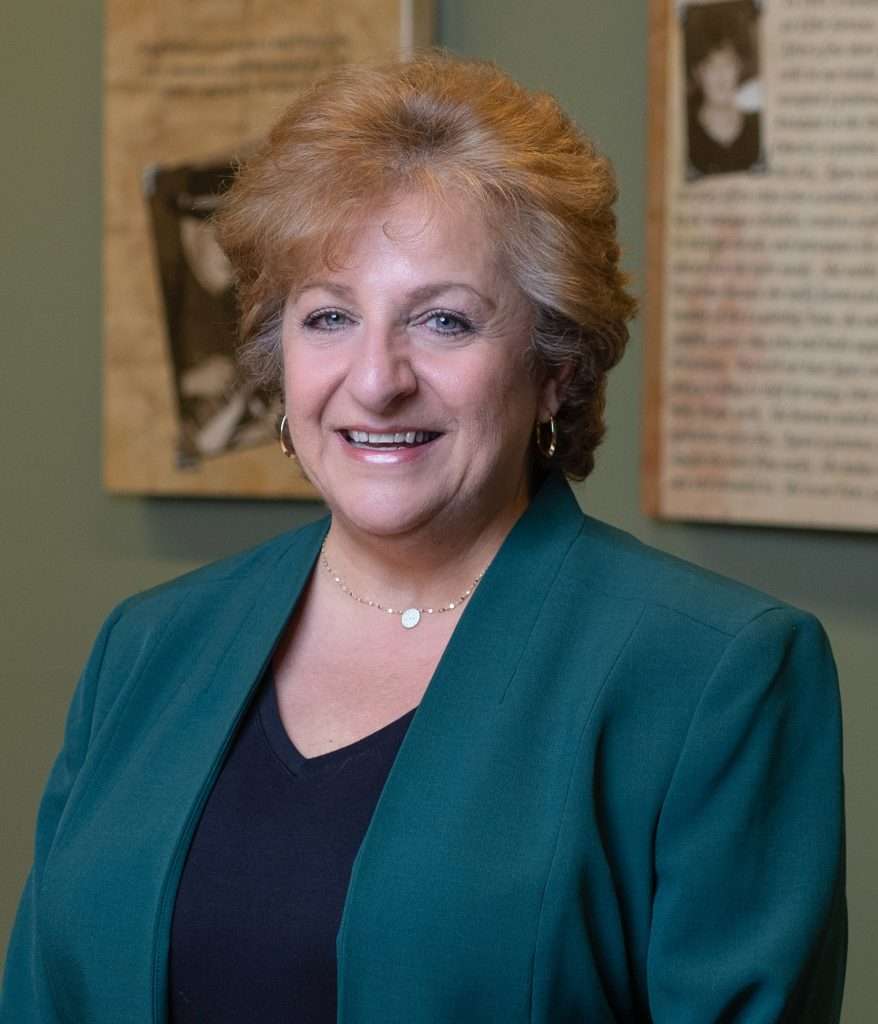
Question: I have a friend, 82, who has been eating less and less because he reports that as he gets older, he has “no appetite.” He seems to be surviving on just cereal and dry toast. Could he be becoming malnourished?
Answer: First and foremost, your friend should discuss this with his physician to determine the best course of action. It’s possible, but only a visit to a physician can confirm whether your friend is malnourished. However, malnutrition is more common than many people believe.
Peggi Guenter of the American Society for Parenteral and Enteral Nutrition shares these facts:
Malnutrition affects people everywhere, in the so-called developed world as well as in countries with higher levels of poverty. You don’t have to be thin to be malnourished; you can be any weight. At least one-third of people admitted to hospitals in developed countries are malnourished.
Older adults are especially vulnerable to becoming malnourished. They may be hampered when eating by poor dental health, tooth loss, or dentures that don’t fit properly. Some may need caregivers to cut their food or feed them. Others may depend on a feeding tube to receive nourishment. Seniors who live in their own homes may lose their appetite when struggling with feelings of isolation or depression. Some may have physical conditions such as arthritis or poor eyesight that make it difficult for them to shop for food or prepare it. Still others may lack the finances or resources to afford healthy foods.
And yet, experts state that identifying malnutrition may present a challenge, even for some healthcare professionals. This is because many of its symptoms—unintended weight loss, eating small amounts of food, feeling tired, weakness, and fluid retention—can appear like those of what society considers to be normal aging.
Certainly, you can mention your concerns to your friend and suggest he consult a physician to make sure he is obtaining adequate nourishment. Our Healthy Living Center of Excellence also offers free, evidence-based courses that guide participants toward maintaining a better diet. There are additional resources in the community for people who can’t afford healthy foods. For more information about these offerings, you can contact the Healthy Living Center of Excellence at 978-946-1211 or https://healthyliving4me.org/programs
AgeSpan also provides services to help older adults and others eat healthy, such as our home-delivered meals program. Talk to your friend and don’t hesitate to contact us at 800-892-0890. and thank you for being a good friend!
